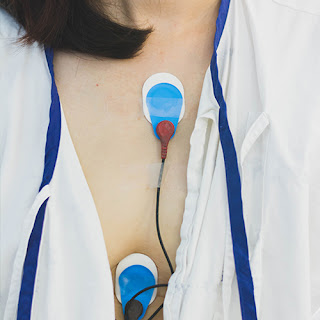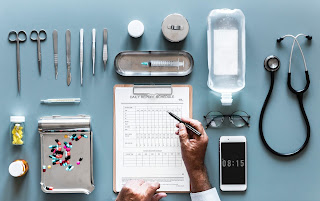How to Prepare for Your Clinical Rotations?
At a lot of clinical rotations in medical school , clinical training begins in the third year. Thus, this is an exciting time as it represents the next phase of your medical training. Nevertheless, it is often incredibly stressful and high-pressure time as it indicates a huge change from your preclinical work with various roles, expectations, and responsibilities. Below mentioned are some things to think about as you prepare to embark on your clinical clerkships. Clear doubts: Clinical rotations is not a joke. Take it seriously. There are times when students who are preparing for the rotations are afraid to ask their mentors as to why they have opted for the specific treatment or medicine for patients seeking treatment. But it is essential to do so. Clearing your doubts helps you to excel in the field and is also a good way to show that you are paying attention. It is not about big or small: There are a number of tasks you need to fulfill during your clinical rotations. You nee



